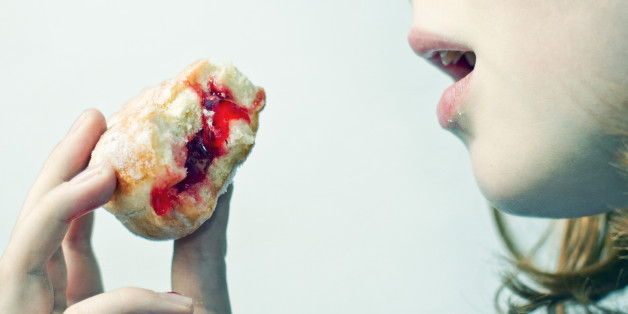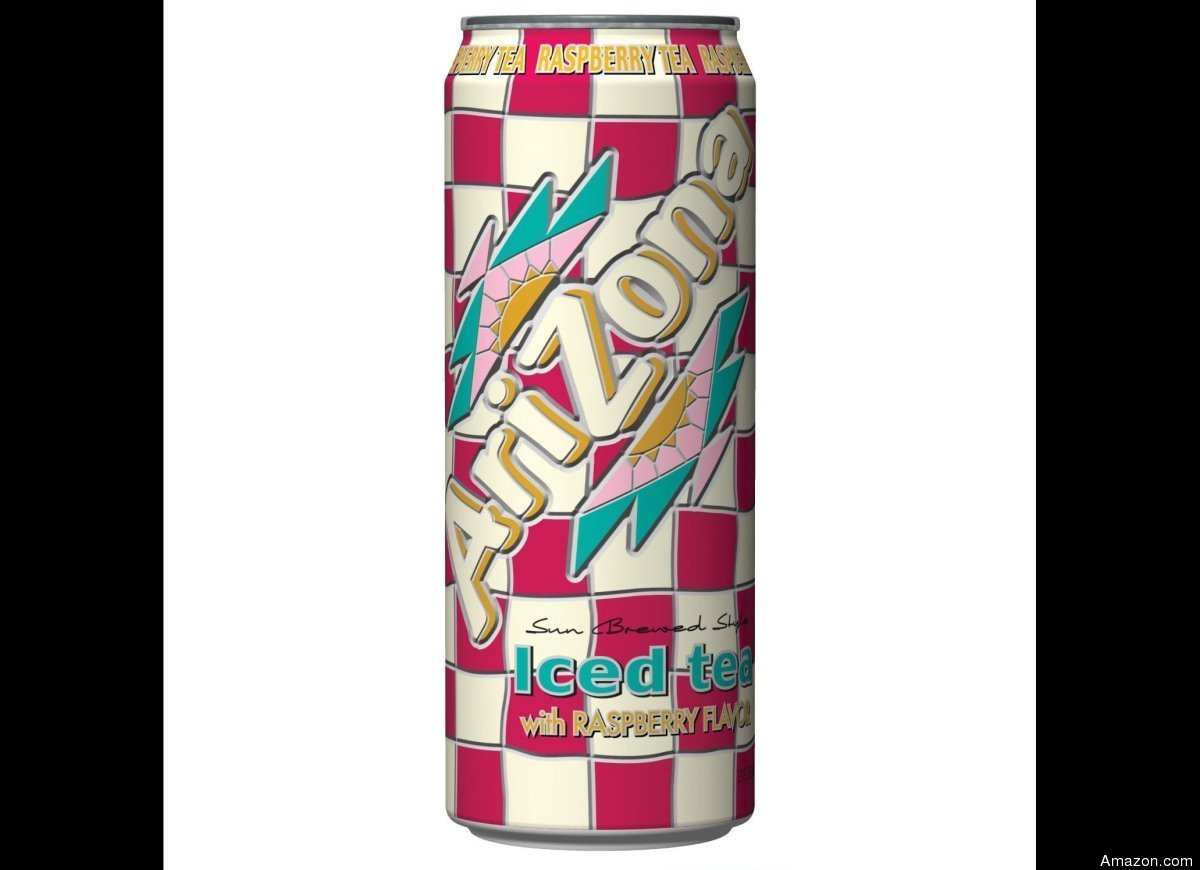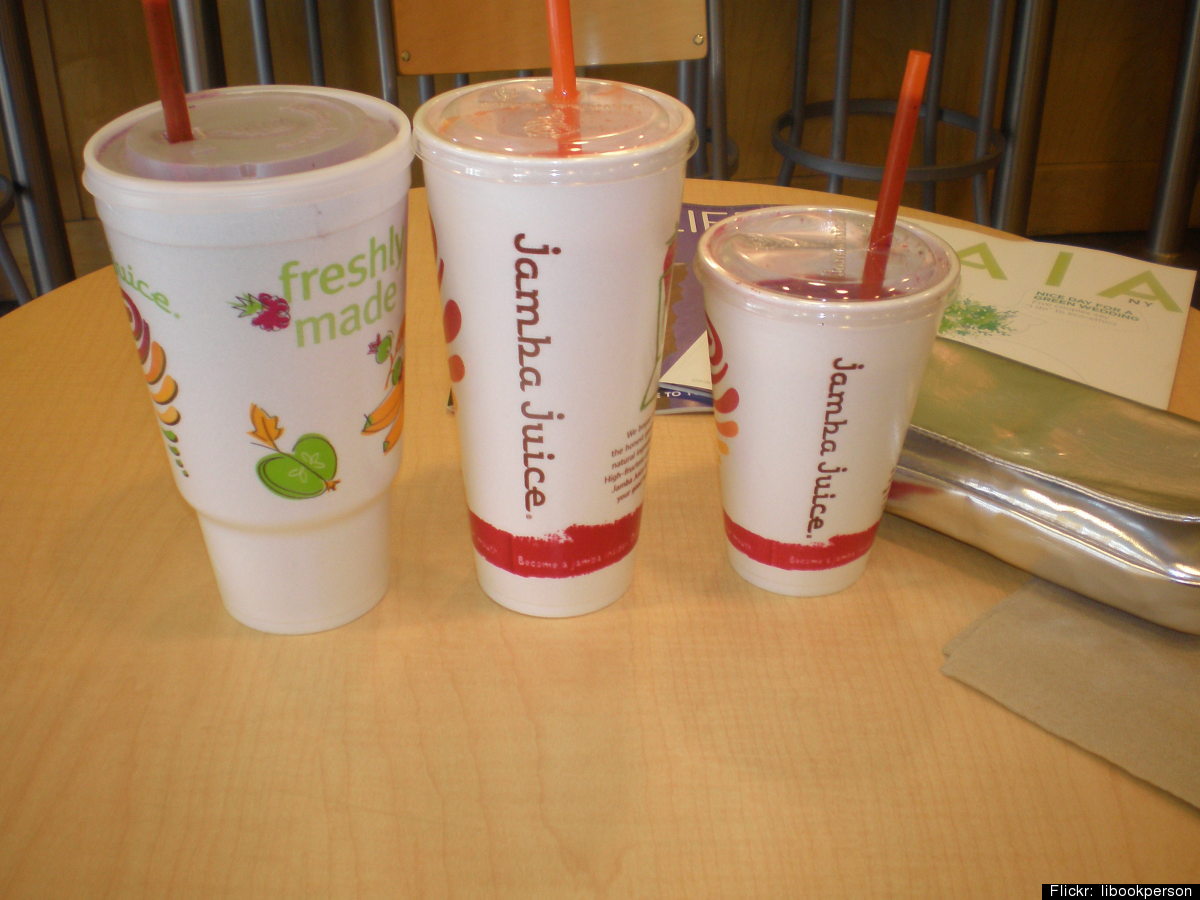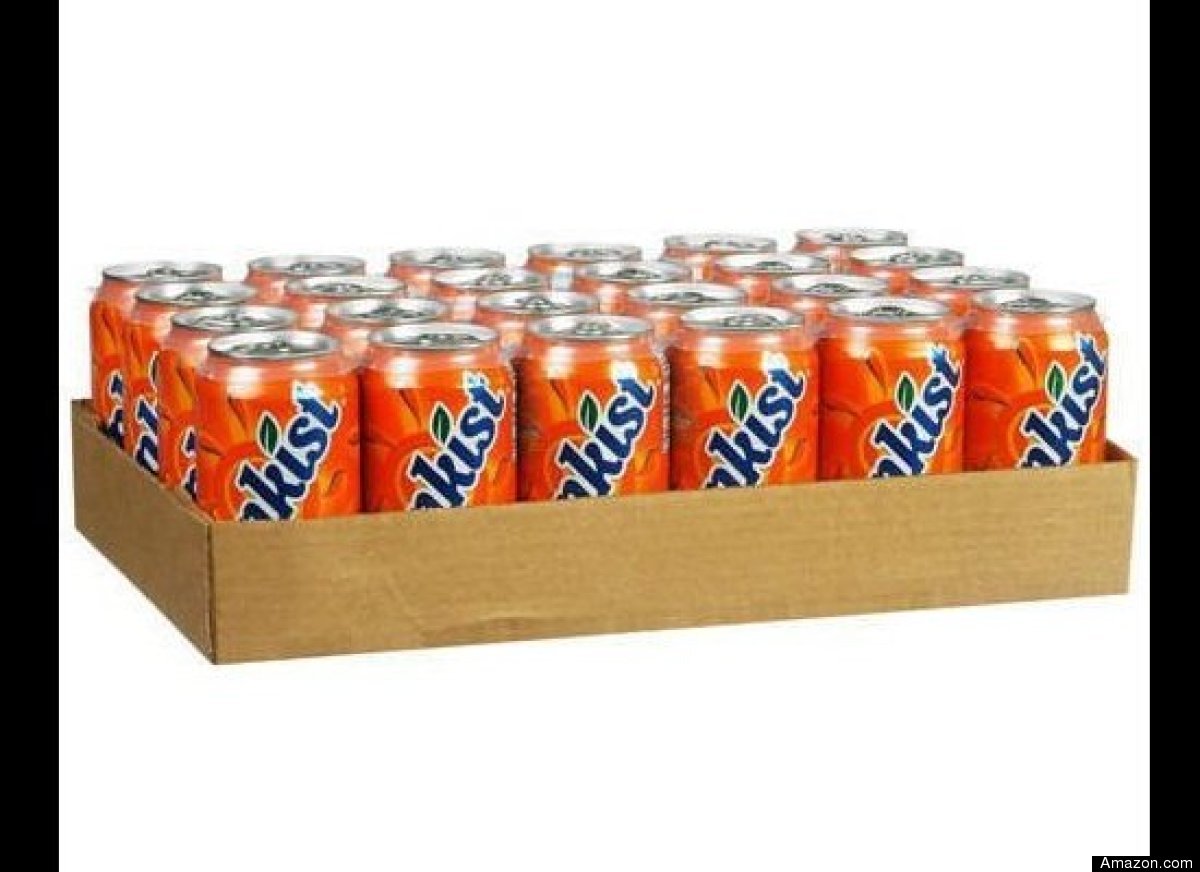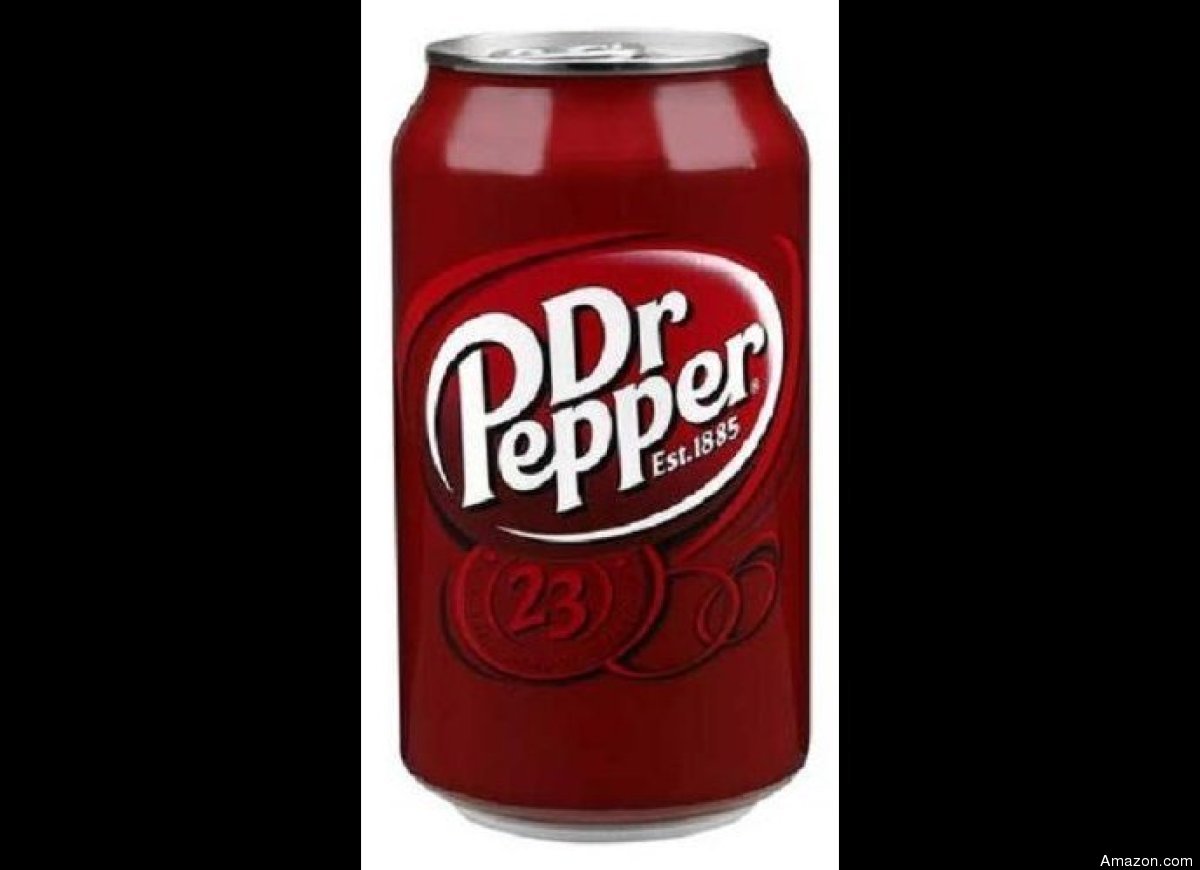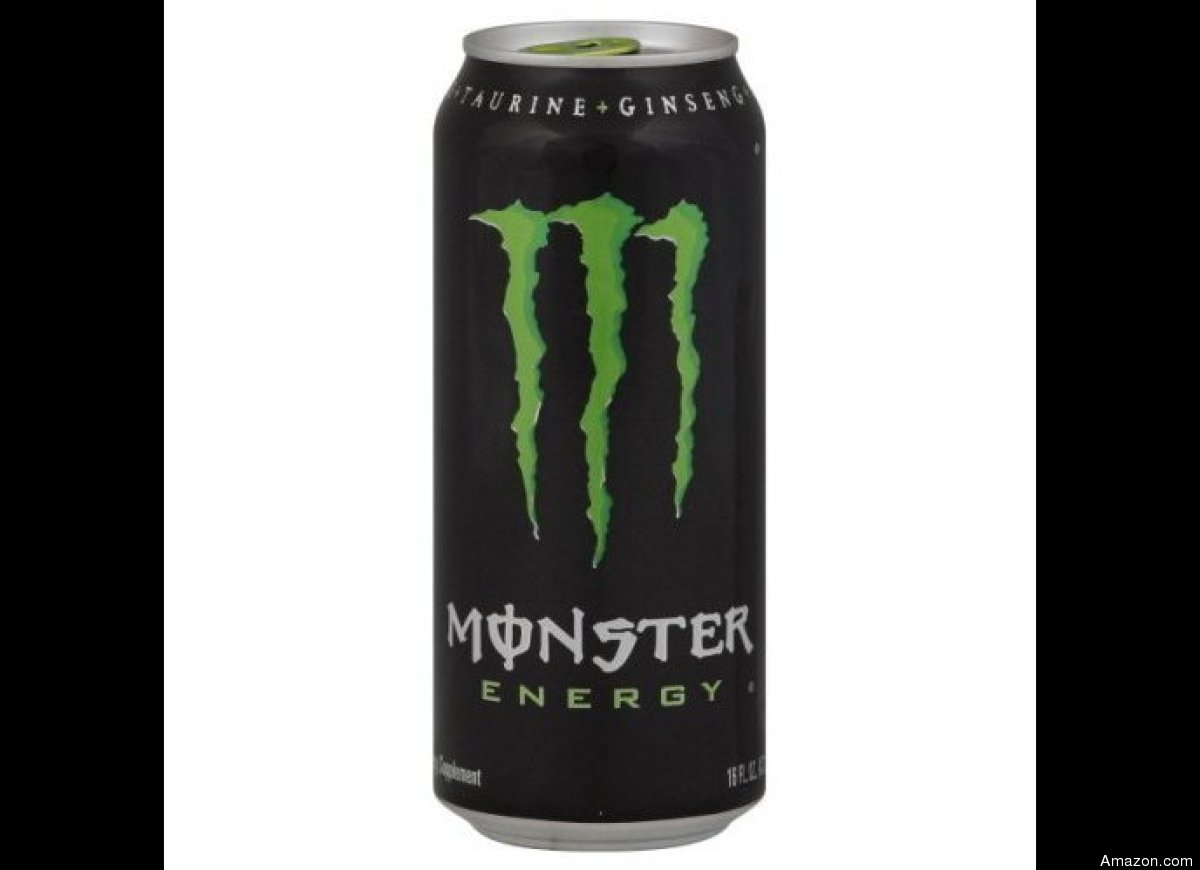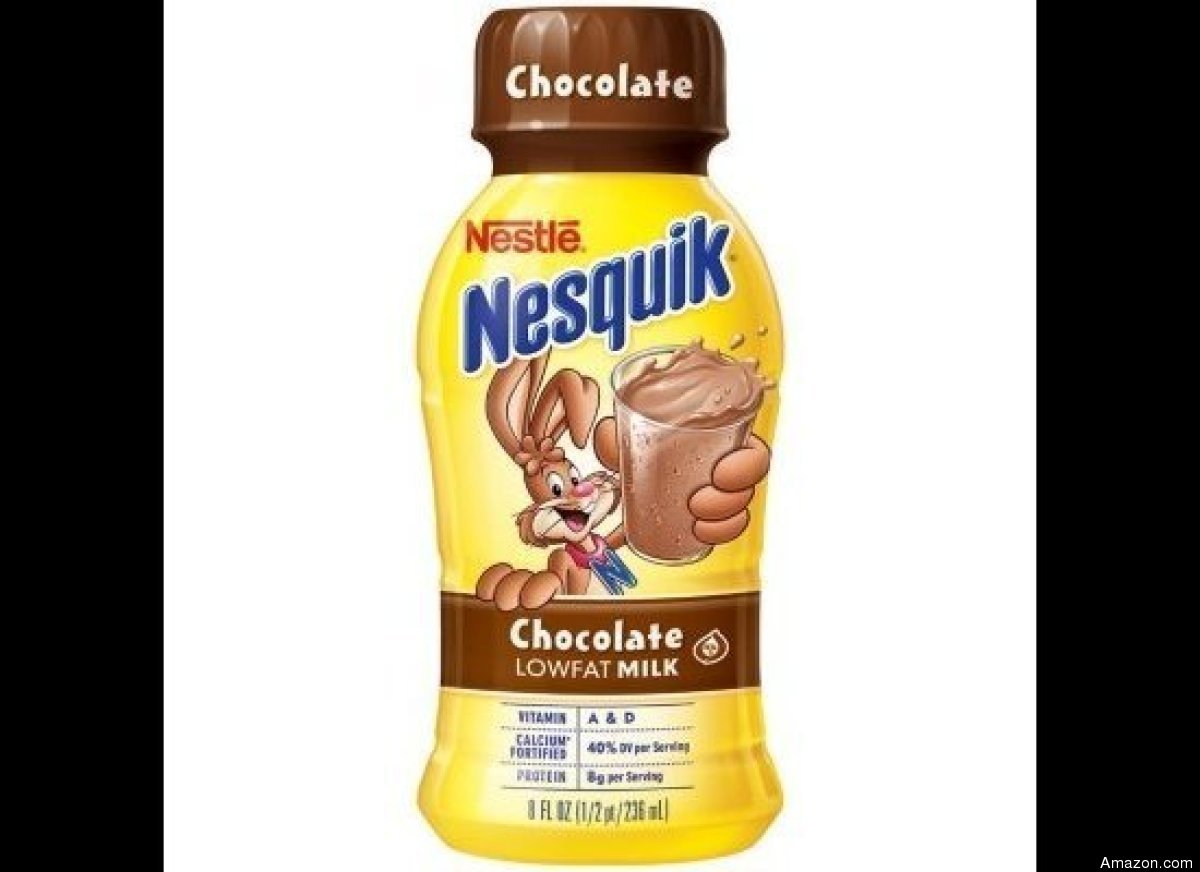 |
| A reader-friendly guide to the brain. Click here! |
from research organizations
Study finds dopamine, biological clock link to snacking, overeating and obesity
- Date:
- January 3, 2020
- Source:
- University of Virginia
- Summary:
- A new study finds that the pleasure center of the brain and the brain's biological clock are linked, and that high-calorie foods -- which bring pleasure -- disrupt normal feeding schedules, resulting in overconsumption.
- Share:
FULL STORY
During the years 1976 through 1980, 15% of U.S. adults were obese. Today, about 40% of adults are obese. Another 33% are overweight.
Coinciding with this increase in weight are ever-rising rates of heart disease, diabetes, cancer and health complications caused by obesity, such as hypertension. Even Alzheimer's disease may be partly attributable to obesity and physical inactivity.
"The diet in the U.S. and other nations has changed dramatically in the last 50 years or so, with highly processed foods readily and cheaply available at any time of the day or night," Ali Güler, a professor of biology at the University of Virginia, said. "Many of these foods are high in sugars, carbohydrates and calories, which makes for an unhealthy diet when consumed regularly over many years."
 |
| A reader-friendly guide to the brain. Click |
In a study published Thursday in the journal Current Biology, Güler and his colleagues demonstrate that the pleasure center of the brain that produces the chemical dopamine, and the brain's separate biological clock that regulates daily physiological rhythms, are linked, and that high-calorie foods -- which bring pleasure -- disrupt normal feeding schedules, resulting in overconsumption. Using mice as study models, the researchers mimicked the 24/7 availability of a high-fat diet, and showed that anytime snacking eventually results in obesity and related health problems.
Güler's team found that mice fed a diet comparable to a wild diet in calories and fats maintained normal eating and exercise schedules and proper weight. But mice fed high-calorie diets laden with fats and sugars began "snacking" at all hours and became obese.
Additionally, so-called "knockout" mice that had their dopamine signaling disrupted -- meaning they didn't seek the rewarding pleasure of the high-fat diet -- maintained a normal eating schedule and did not become obese, even when presented with the 24/7 availability of high-calorie feeds.
 |
| A reader-friendly guide to the brain. Click |
"We've shown that dopamine signaling in the brain governs circadian biology and leads to consumption of energy-dense foods between meals and during odd hours," Güler said.
Other studies have shown, Güler said, that when mice feed on high-fat foods between meals or during what should be normal resting hours, the excess calories are stored as fat much more readily than the same number of calories consumed only during normal feeding periods. This eventually results in obesity and obesity-related diseases, such as diabetes.
Speaking of the modern human diet, Güler said, "The calories of a full meal may now be packed into a small volume, such as a brownie or a super-size soda. It is very easy for people to over-consume calories and gain excessive weight, often resulting in obesity and a lifetime of related health problems.
"Half of the diseases that affect humans are worsened by obesity. And this results in the need for more medical care and higher health care costs for individuals, and society."
Güler said the human body, through thousands of years of evolution, is hard-wired to consume as much food as possible as long as it's available. He said this comes from a long earlier history when people hunted or gathered food and had brief periods of plenty, such as after a kill, and then potentially lengthy periods of famine. Humans also were potential prey to large animals and so actively sought food during the day, and sheltered and rested at night.
"We evolved under pressures we no longer have," Güler said. "It is natural for our bodies as organisms to want to consume as much as possible, to store fat, because the body doesn't know when the next meal is coming.
"But, of course, food is now abundant, and our next meal is as close as the kitchen, or the nearest fast-food drive-through, or right here on our desk. Often, these foods are high in fats, sugars, and therefore calories, and that's why they taste good. It's easy to overconsume, and, over time, this takes a toll on our health."
Additionally, Güler said, prior to the advent of our electricity-powered society, people started the day at dawn, worked all day, often doing manual labor, and then went to sleep with the setting of the sun. Human activity, therefore, was synchronized to day and night. Today, we are working, playing, staying connected -- and eating -- day and night. This, Guler said, affects our body clocks, which were evolved to operate on a sleep-wake cycle timed to daytime activity, moderate eating and nighttime rest.
"This lights-on-all-the-time, eat-at-any-time lifestyle recasts eating patterns and affects how the body utilizes energy," he said. "It alters metabolism -- as our study shows -- and leads to obesity, which causes disease. We're learning that when we eat is just as important as how much we eat. A calorie is not just a calorie. Calories consumed between meals or at odd hours become stored as fat, and that is the recipe for poor health."
The National Institute of General Medical Sciences and University of Virginia Brain Institute funded the research.
Story Source:
Materials provided by University of Virginia. Note: Content may be edited for style and length.

